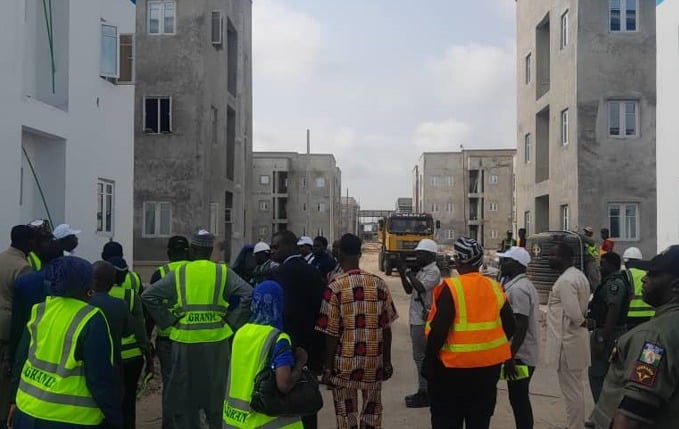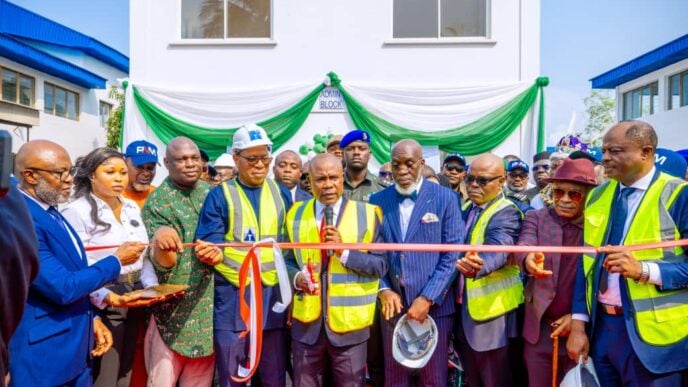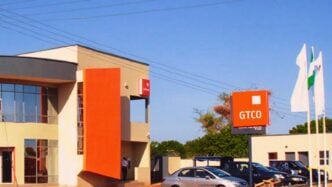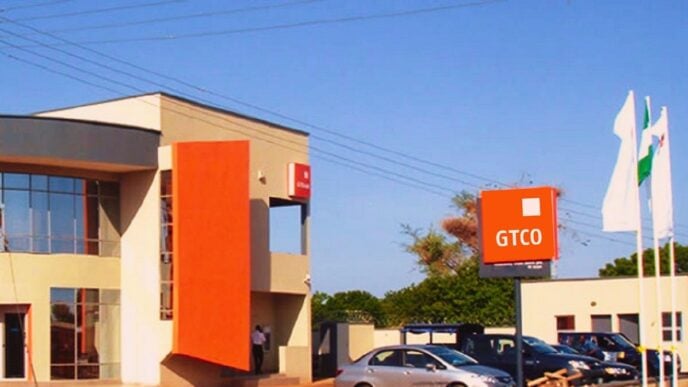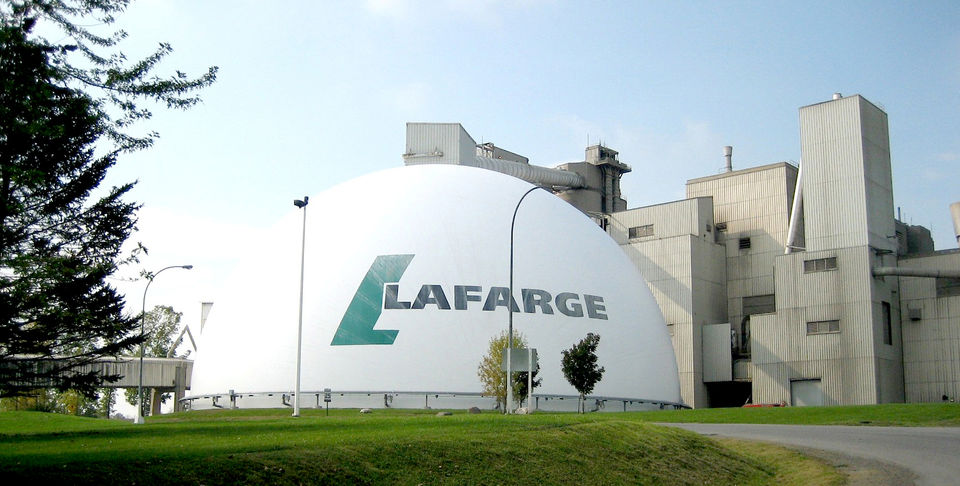The federal government says it has secured 200 hectares of land in the Lekki free trade zone for the development of a building materials hub aimed at reducing housing construction costs.
Ahmed Dangiwa, the minister of housing and urban development, announced the initiative during a tour of industrial areas in the Lekki and Lagos free trade zones.
The Lagos free zone is integrated with the Lekki deepsea port and covers 830 hectares in the state.
During the visit, Dangiwa inspected various housing projects, industries, building materials testing laboratories, the deepsea port, Alaro City, Lagos Coastal City, and others.
Advertisement
The minister said the hub is part of President Bola Tinubu’s ‘renewed hope’ agenda, aimed at providing affordable housing.
He said the hub will promote local content, curb rising costs of materials, encourage domestic production, and ensure sustainable housing delivery nationwide.
According to the minister, Tinubu’s vision is to establish similar hubs across Nigeria’s six geopolitical zones.
Advertisement
He said the Lagos hub, sited within the free trade zone, is supported by intermodal transport infrastructure.
Dangiwa said the project will boost local building materials production, reduce foreign exchange (FX) spent on imports, and create jobs.
He noted that the zone’s thriving businesses and infrastructure developments, such as ports and airports, were driving economic growth and attracting real estate investments.
Dangiwa commended Adeniyi Akinlusi, managing director of Lekki Worldwide Investments Ltd, for the firm’s remarkable achievements.
Advertisement
The minister further thanked the company for providing a strategic site for the proposed building materials manufacturing hub.
During the inspection of Alaro City, he praised the management’s sustainable building efforts, saying they align with the government’s plan to close Nigeria’s shelter gap through public-private partnerships.
On his part, Akinlusi described the 16,500-hectare Lekki free trade zone as a national asset designed to stimulate growth, reduce imports, attract investment, create jobs, and boost housing.
Advertisement
